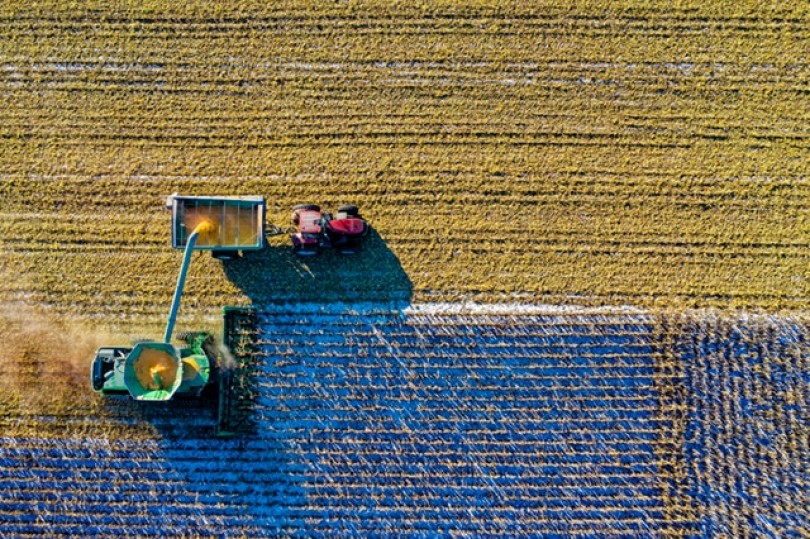Why Is the Gulf Attracting Climate Tech Businesses?
28 Jun 24
Enviro ChatThe Global News Source for the World of Science and Chemicals
21 May 2019
Lab Chat
With the UN predicting that the global population will reach almost 10 billion by 2050, food security is sure to become a real concern in the coming years. Indeed, experts forecast that to meet the rising demand of the world’s increasing population, our food production capacities must rise by 70% in the next few decades.
To make sure that happens, we must take a modern approach to agriculture. Technology has infiltrated every part of our daily lives, from waking to working, and there’s no reason why it shouldn’t have an equally big impact on food production in the future. Harnessed properly, the advantages of precision agriculture and smart farming can provide enough food to feed the world with ease.
By incorporating technology into agriculture, farmers can gain a greater understanding of their crops than ever before. GPS can be used to map out entire fields online, camera-equipped drones can be used to monitor them remotely and big data can be used to store information about every aspect of their growth and development. Then, artificially intelligent robots can be deployed to seed, spray and harvest them.
As well as freeing up the human workforce to tackle more profitable (and enjoyable) tasks, this kind of automation can also reduce the margin of error that inevitably comes with human input. That will result in better crop yields, creating more food using fewer resources with optimum nutrition levels to benefit us all.
This kind of agriculture is not just good news for humans, but the planet, as well. Given that agriculture currently accounts for over 70% of all freshwater consumption in the world, optimising its use so that only the areas which need watered are given it can save incredible amounts of this most precious resource. In a world with a booming population, that could soon become more important than ever.
Meanwhile, a robot’s ability to determine exactly when, where and how much fertiliser, herbicide and pesticide a crop needs can bring down consumption of these chemicals by a staggering amount. Given that the most widely-used pesticide in the UK has just been banned, that ability could prove crucial in delivering fewer harmful contaminants in the air, soil and water and a cleaner, healthier Earth all round.
Although the futuristic scenarios laid out above are still some way off coming to pass, smart farming is already a reality in many parts of the world, including in the UAE. For example, Pure Harvest Smart Farms set up business in 2016 to grow tomatoes in the Emirati desert, even in the 50°C heat of summer. How? Through smart greenhouses.
The sophisticated system is capable of monitoring all variables within the greenhouse, including sunlight exposure, temperature and humidity, as well as carbon dioxide, water moisture and airflow. At present, the system still relies on a human grower to intercede and adjust the settings as and when necessary, but its creators are hopeful that one day soon the technology will advance to the point where human input is no longer necessary.
DOWNLOAD PDF

2 Day Seminar Program
@ ArabLab+ 2024
24 & 25 September 2024
Your stay in Dubai
Labkit
Product News
Chemkit
Product News
Thinking about exhibiting at ARABLAB 2024? Watch our video to find out more.
Join the world’s leading organisations…
Join our mailing list and receive the ARABLAB newsletter and event updates.